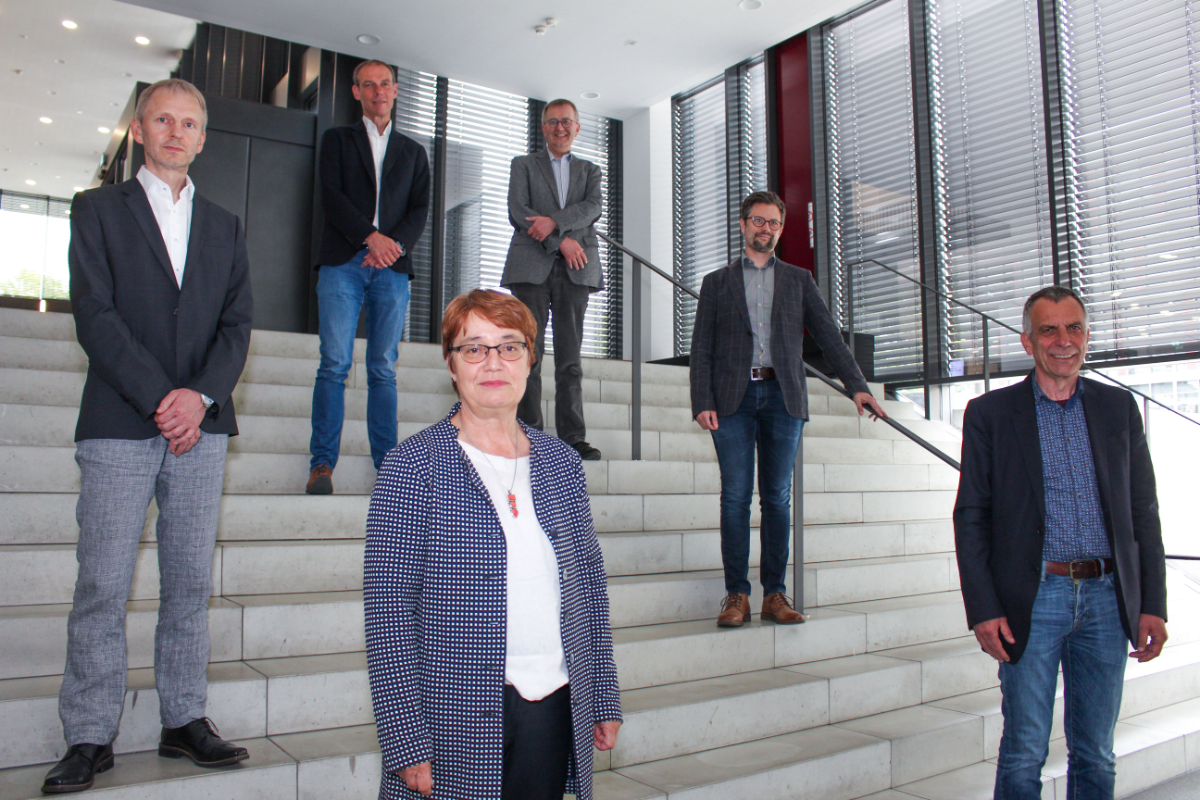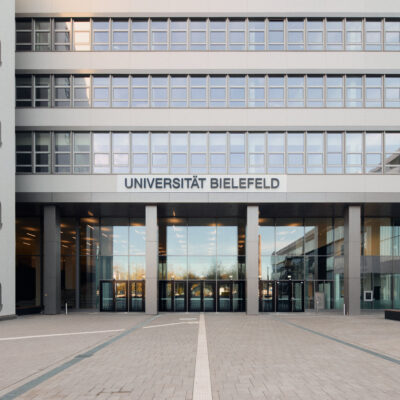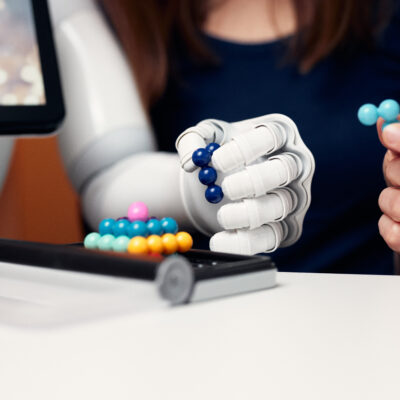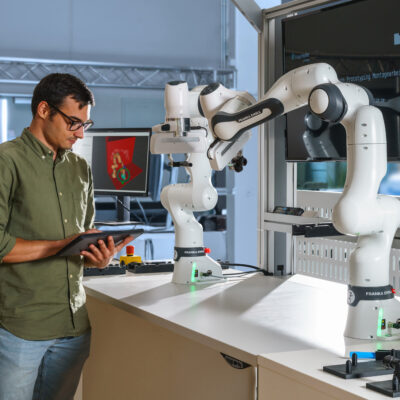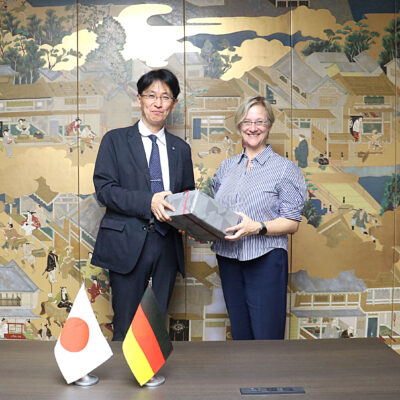Voice assistants, smart homes, or industrial 4.0 systems: artificial intelligence (AI) is increasingly automating processes in a wide variety of living and working environments. However, AI systems often prove to be not particularly competent because they lack either background or contextual knowledge, are unable to assess the scope and implications of assumptions and decisions, and cannot explain their actions. In the Joint Artificial Intelligence Institute (JAII), the two universities at Bielefeld and Paderborn are combining their research competencies in this field of research. The universities jointly founded the institute on July 14, 2020. In the JAII, future research will address the fundamentals of AI systems designed to focus on people. The aim is for AI systems to support people as competent partners and enable them to solve everyday problems better and more reliably than before.
‘In the Joint Artificial Intelligence Institute, Bielefeld and Paderborn Universities are bundling and intensifying their outstanding and widely visible research in the field of artificial intelligence in order to deliver an even better response to important current social challenges,’ says Professor Dr Birgitt Riegraf, President of Paderborn University. Together with Professor Dr.-Ing. Gerhard Sagerer, Rector of Bielefeld University, she signed the contract to found the new institute.
The two East Westphalian universities have been cooperating for years on making artificial intelligence more people-centred and more sustainable. For example, starting in 2016, scientists from Bielefeld and Paderborn have been researching such issues in the joint research focus ‘Digital Future’. Since back in 2011, the two universities have also been cooperating with other partners from science and research in the Leading-Edge Cluster Intelligent Technical Systems OstWestfalen-Lippe (it’s OWL) that was joined in 2018 by the joint project ITS.ML (‘Intelligent Technical Systems of the Next Generation through Machine Learning’) on innovations for automation, automotive engineering, and mechanical engineering. ‘Expanding our cooperation and setting up a joint institute was the next logical step,’ says Gerhard Sagerer. ‘This will enable us to launch research projects in a focused way and combine our respective strengths.’
In the future, JAII will engage in basic research on artificially intelligent systems that are suitable for everyday use and allow their users to be self-determining rather than patronized. The institute will not just combine different scientific disciplines: from computer science, law, and sociology to economics. It will also take a transdisciplinary approach by integrating actors from society, business, and politics into its research.
‘Our research is designed so that it picks up impulses from practice at an early stage and thus takes realistic scenarios into account,’ says Professor Dr Philipp Cimiano from Bielefeld University. The computer scientist and his colleague Professor Dr Eyke Hüllermeier from Paderborn University are among the initiators of JAII. ‘Our aim is to ensure that technical systems operate on an equal footing with their users,’ says Cimiano. ‘When machines use algorithms to make decisions, it is often unclear to users how this has come about. Our research should lead to machines making it possible to understand how they arrive at their solutions, so that even laypersons can develop alternative paths in partnership with them.’
To explain decisions, technical systems must have an understanding of the situations in which they offer solutions. The new institute will also work on the foundations for systems that are competent for everyday use. ‘Today, artificial intelligence is often reduced to the use of machine learning methods that generate data-driven solutions for isolated sub-problems. However, this often neglects the respective context and embeds learned skills insufficiently in general world knowledge,’ says Eyke Hüllermeier. ‘An autonomous vehicle does not become a competent road user simply by recognizing traffic signals. It requires a comprehensive understanding of all elements of road traffic—cars and other objects, pedestrians, cyclists, and so forth—as well as their interrelationships and interactions within an overall system.’ In medicine, technical systems can provide useful support if they understand the individual case. ‘It’s not enough to have a technical system sift through databases in search of therapies for a particular symptom,’ explains Philipp Cimiano. ‘Therapeutic approaches must always be adapted to the individual and context-specific needs of the patient, and the suggestions made by a system must be comprehensible and intelligible to experts such as doctors.’
The two East Westphalian universities are combining their know-how to carry out research at the JAII. For example, Bielefeld University will be contributing its expertise in cognitive interaction technology to JAII from the long-standing CITEC cluster of excellence—in other words, how to design machines that can interact naturally with humans and adapt to changing situations in natural ways. Paderborn University is contributing its expertise on both robust and simultaneously efficient technical systems developed, among others, in the Collaborative Research Centre ‘On-The-Fly Computing’ (SFB 901) that has been running since 2011.
